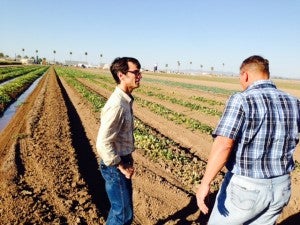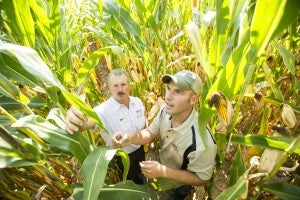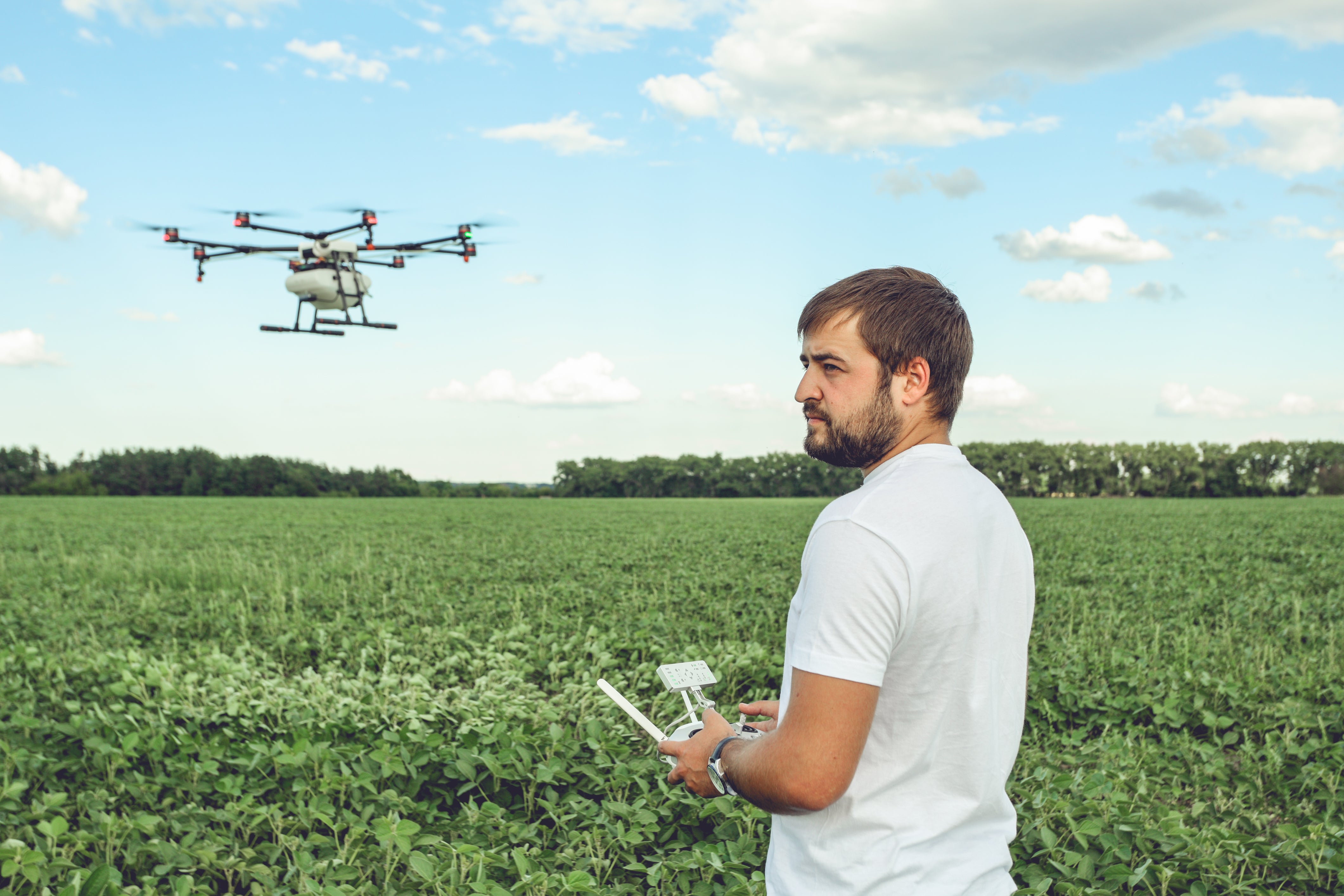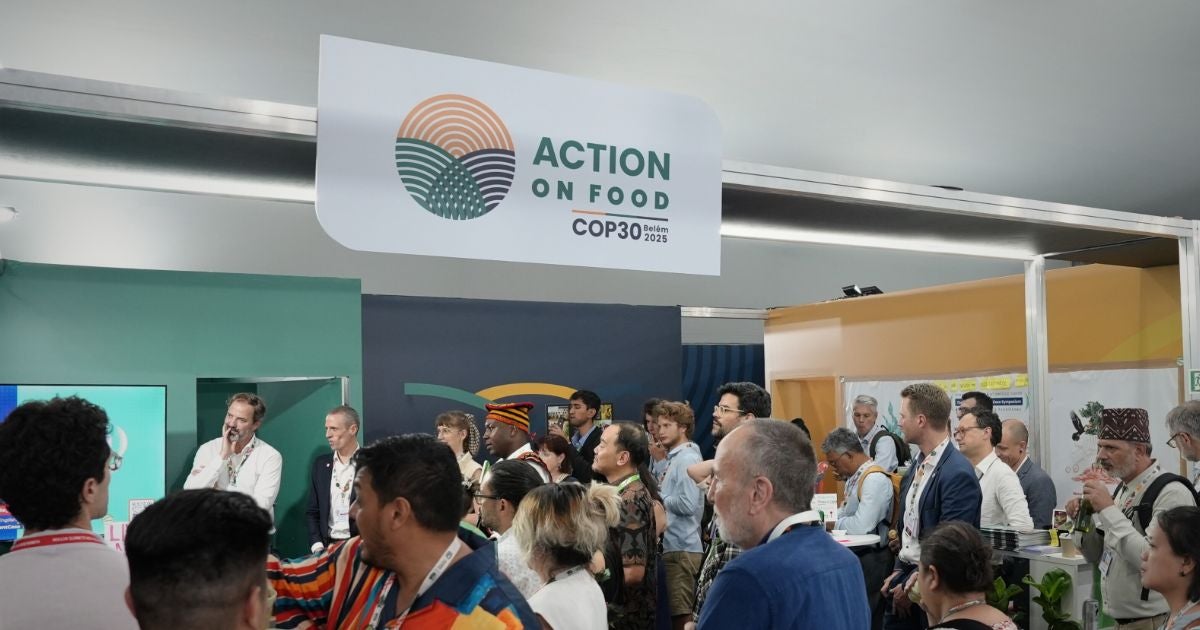A national food policy? What the Bittman-Pollan op-ed missed

Mark Bittman and Michael Pollan have done a huge service with their writing by shining the spotlight on the way we produce and consume what’s on our plate. Together, the two have elevated the national dialogue on food. As they correctly point out in their recent Washington Post op-ed, the food industry touches everything from our health to the environment.
Agriculture sustains us. But agriculture also emits more greenhouse gases than all our cars, trucks, airplanes and trains combined. It consumes more than 80 percent of the world’s fresh water supply and pollutes rivers with fertilizer runoff that creates dead zones downstream. When we clear grasslands and forests to produce more food, we accelerate the loss of biodiversity. And yes, our diets have contributed to a rise in obesity.
The challenge is clear. We need to feed a growing population, but how do we do it without killing the planet in the process?
Policy premature
Bittman and Pollan, along with co-writers Ricardo Salvador at the Union of Concerned Scientists and Olivier De Schutter with the Catholic University of Louvain, call upon President Obama to establish a national food policy.
As a former journalist, political appointee and now, as an NGO leader, I’ve lived through many of the exact kinds of exercise they call for. My observation is that the only time a presidential announcement of a “national policy” reliably works is when the elements of a national policy already exist – but people haven’t yet realized it. Think Wizard of Oz: he made all the difference to the lion, tinman and scarecrow by recognizing and elevating what they already had.
Consensus first
At a basic level, big policy announcements work when all but a few key ingredients have been assembled. Perhaps an issue is missing the priority it deserves or a galvanizing call to action. Or maybe it needs a shot of adrenaline in the form of quick funding to get the ball rolling.
In other words, presidential action can be immensely powerful when there’s some consensus on viable solutions. Unfortunately, we aren’t there yet in the food debate. Having the president put a stake in the ground on food policy in today’s political reality is more likely to elicit swift and strong statements in opposition. That will slow down progress at a time when there isn’t a moment to lose.
I don’t have a detailed recipe for how to generate that consensus on solutions. But I can offer two crucial ingredients.
 One: Bring stakeholders to the table
One: Bring stakeholders to the table
For the political system to act, stakeholders – in this case farmers, ranchers and food companies – need to know they are a part of the solution and have confidence in the alternatives. Not only is this a political necessity, solutions are more likely to be robust if the people who know the most about our food system help inform policy choices.
Instead of telling them what to do, work with them to create solutions.
Food companies and farmers are already looking at ways to meet growing demands for food while shrinking their impact on the environment. Major brands like General Mills, for example, are asking farmers in the Corn Belt and Southeast to grow the grains they use in their products more sustainably – in ways that decrease greenhouse gas emissions and reduce polluted fertilizer runoff. Their initiatives have prompted one large agribusiness, United Suppliers, to train their retailers to help farmers meet this growing demand. What can we learn from them?
Two: Engage our elected representatives
A second constructive step is to take another look at Congress. Bittman and Pollan imply that the incoming Congress will be “obstructionist.” To my mind, there is every reason to believe they will be activist. They have the majorities and I expect they will use them to express their vision of how to address issues of concern for all Americans. Why not invite them to launch a serious discussion around one (if not all) of the nine points the co-authors list? Better yet, invite them to use their convening powers to focus attention on a solvable problem.
My top vote goes to addressing the issue of fertilizer pollution – a problem that bedevils conventional and organic farming alike. It contributes to fish kills and can even make our water unsafe to drink or even bath in. Yet, as the initiatives with General Mills and United Suppliers show, the private sector is working directly with farmers to take up the challenge. What can Congress do to help them?
Feed the debate
Some will say the best thing Congress can do is shine a light on progress and stay out of the way. Others will point to specific interventions that could help scale up win-win practices. That is exactly the kind of debate that we need.
There is a history of non-partisan debate on agricultural issues: farm bills usually pass Congress with large majorities. Let’s call upon that tradition to figure out how we can meet human needs for food and water in ways that improve nature and the well-being of agricultural communities.












